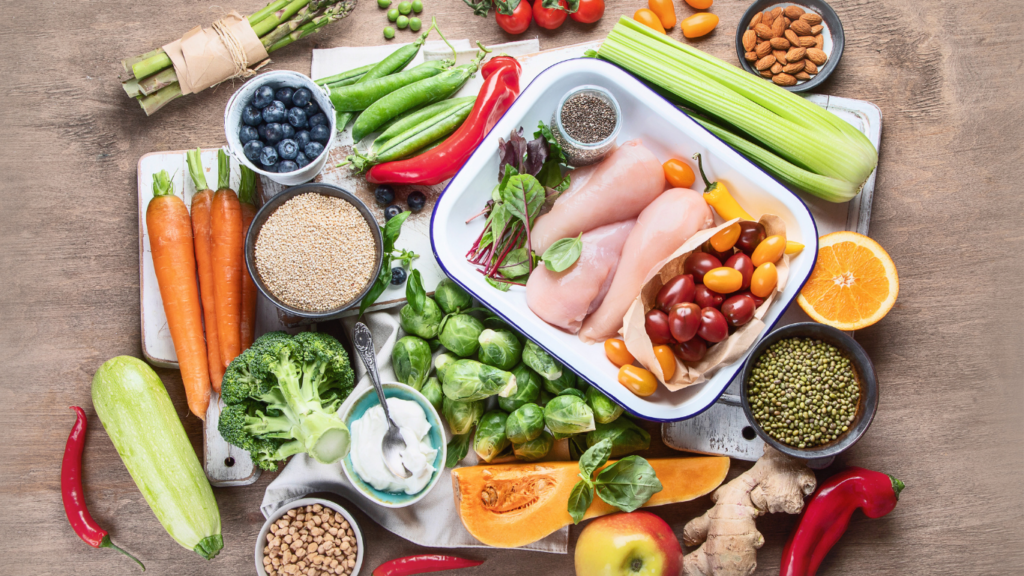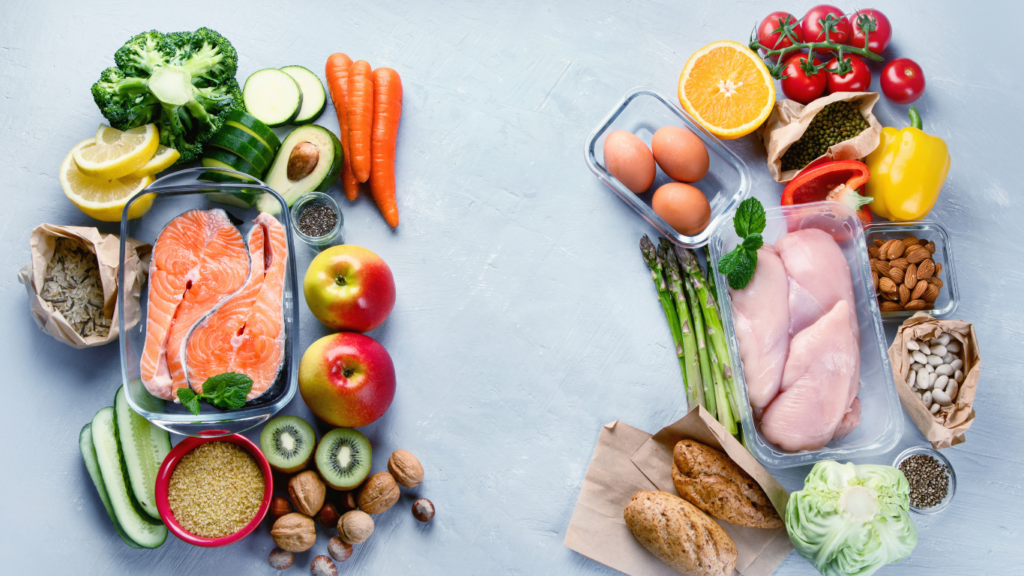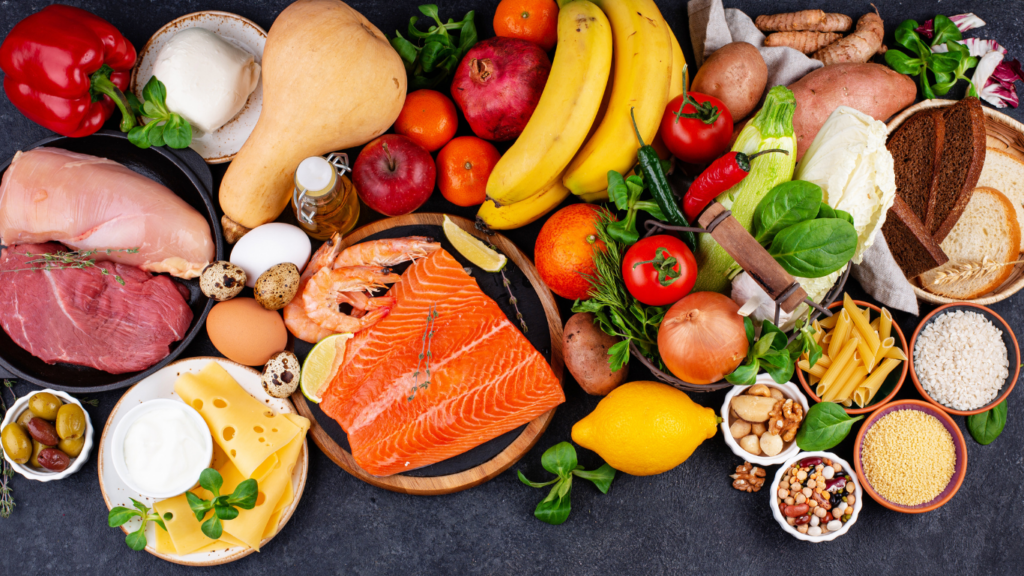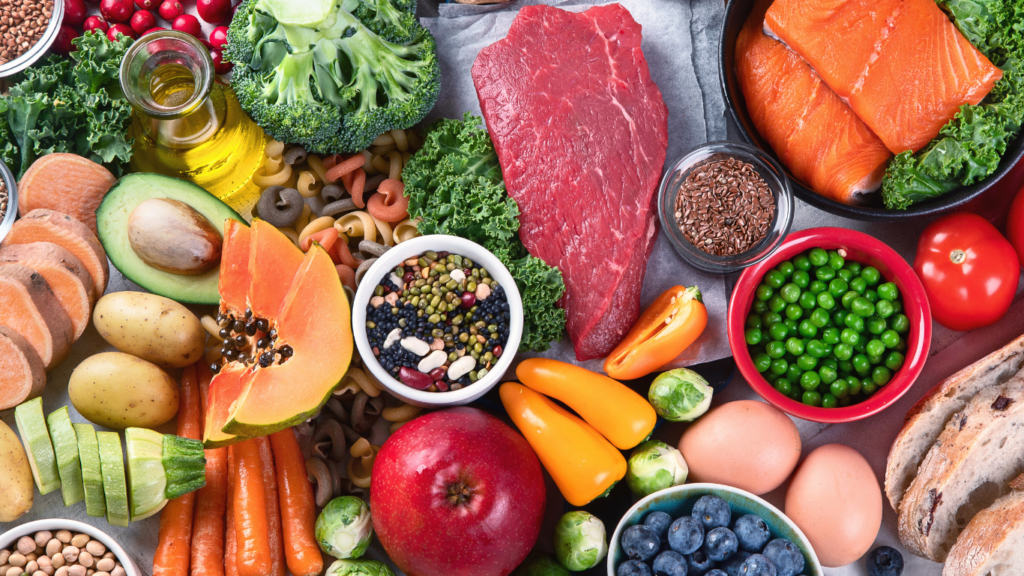Importance Of Post-Workout Nutrition
Post-workout nutrition directly influences muscle recovery, energy restoration, and overall performance improvement. After intense exercise, muscles experience micro-tears, and glycogen stores are depleted. Refueling correctly replenishes glycogen, supports protein synthesis, and decreases recovery time.
Protein intake supports muscle repair and growth. For example, consuming 20-30 grams of protein from sources like chicken, Greek yogurt, or plant-based options promotes amino acid availability and aids recovery. Carbohydrates play a significant role in glycogen replacement. Including 1-1.2 grams of carbs per kilogram of body weight in meals or snacks accelerates energy replenishment, especially within the first few hours after exercise.
Hydration is equally critical for recovery. Replacing lost fluids and electrolytes helps maintain muscle function and stamina. Sports drinks, coconut water, or water with added electrolytes restore hydration levels effectively. Timing matters; consuming nutrients within two hours post-workout maximizes benefits for glycogen and protein synthesis.
Key Nutrients For Recovery
Post-workout recovery depends on replenishing the body with essential nutrients. These nutrients promote muscle repair, energy restoration, and optimal function.
Proteins And Their Role
- Proteins repair damaged muscle fibers and promote growth.
- During a workout, muscle proteins are broken down, creating a need for high-quality protein.
- Consuming 20-30 grams of protein within two hours post-exercise enhances recovery.
- Examples include chicken, eggs, or plant-based options like tofu or lentils.
- Protein-rich snacks, such as a whey protein shake or Greek yogurt, provide convenience and effective absorption.
Carbohydrates For Energy Restoration
Carbohydrates replenish depleted glycogen stores, which are the primary energy source during exercise. I recommend consuming 1-1.2 grams of carbs per kilogram of body weight after a workout. Whole foods like brown rice or fruits such as bananas or apples offer essential nutrients alongside carbohydrates. Pairing carbs with protein improves nutrient uptake and recovery efficiency.
Healthy Fats And Recovery
Healthy fats support cell repair and reduce inflammation. While fats aren’t immediately required post-workout, incorporating them into meals aids long-term recovery. Sources like avocados, nuts, or salmon provide omega-3 fatty acids, which benefit overall muscle repair. Moderate fat intake complements, rather than interferes with, carbohydrate and protein absorption.
Hydration And Electrolytes
Replacing fluids and electrolytes lost through sweat maintains optimal muscle function. I focus on rehydrating immediately after exercise with water or drinks containing electrolytes like potassium and sodium. Sources such as coconut water, sports drinks, or water paired with a pinch of salt and lemon ensure hydration levels are restored effectively. Drinking 16-24 ounces of fluid for every pound of weight lost during a workout is a suitable guideline.
Best Foods To Include In Post-Workout Meals

Selecting the right foods post-workout is vital for promoting efficient recovery. Including:
- balance of proteins
- carbohydrates
- healthy fats
ensures muscles recover and energy stores are replenished.
High-Protein Foods
I include high-protein foods to support muscle repair and growth after exercise. Chicken breast offers about 31 grams of protein per 100 grams, while eggs provide 6 grams per large egg along with essential amino acids. Greek yogurt delivers 10 grams of protein per 100 grams and also contains probiotics that aid digestion. Plant-based options like tofu and lentils supply 8-10 grams of protein per 100 grams, making them excellent for vegetarians.
Complex Carbohydrate Sources
Complex carbohydrates restore glycogen stores effectively. Brown rice provides 45 grams of carbs per cooked cup and pairs well with protein sources. Sweet potatoes contribute 26 grams of carbs per medium potato and include potassium for muscle function. Fruits like bananas (27 grams of carbs per medium banana) combine natural sugars and vital electrolytes for rapid energy replenishment. Oats are another go-to, offering 27 grams of carbs per half cup and promoting sustained energy.
Foods Rich In Healthy Fats
Healthy fats enhance long-term recovery and overall health. Avocados supply 15 grams of healthy fats per 100 grams and are packed with vitamins like potassium and vitamin E. Nuts such as almonds and walnuts contain 14-18 grams of fats per ounce and provide omega-3 fatty acids for reducing inflammation. Seeds like flaxseeds and chia seeds contribute 9-12 grams of fats per ounce along with fiber for sustained energy release.
Timing Your Post-Workout Meals
Consuming nutrients immediately after a workout optimizes recovery. Muscle protein synthesis is highest soon after exercise, making this period crucial for replenishing energy and repairing muscles. Aim to eat within 30 minutes to 2 hours post-workout to maximize these benefits.
Eating sooner is vital after intense or prolonged physical activity. If meals are delayed beyond two hours, recovery slows, as glycogen replenishment and muscle repair become less efficient. For lighter workouts, consuming a meal or snack within the two-hour window remains effective.
Quickly digestible foods are ideal during this window. For instance, drinking a protein shake paired with a banana provides rapid absorption of essential nutrients. Balanced meals can follow later, ensuring sustained recovery over time.
Common Mistakes To Avoid
Skipping Post-Workout Meals
Neglecting to eat after exercise compromises recovery. Muscles need protein to repair damage and carbohydrates to replenish glycogen stores. Missing this feeding window, especially within two hours, limits recovery and affects future performance.
Overemphasizing Calories
Focusing solely on calorie intake instead of nutrient quality undermines recovery. Empty calories from junk food lack the essential nutrients muscles require for repair and energy restoration.
Consuming Too Little Protein
Inadequate protein intake slows muscle repair. Consuming less than 20-30 grams after a workout doesn’t provide the necessary building blocks to support muscle synthesis and recovery.
Ignoring Carbohydrates
Avoiding carbs post-workout reduces glycogen storage replenishment. This leads to fatigue and diminished performance in subsequent sessions. Whole grains and fruits are effective sources.
Neglecting Hydration
Failing to rehydrate disrupts electrolyte balance and muscle function. Drinking enough fluids, especially those with electrolytes, helps replace losses caused by sweating.
Eating High-Fat Meals
Consuming excessive fats immediately after workouts slows digestion and nutrient absorption. Instead, focus on a balance of proteins and carbs for faster delivery of recovery nutrients.
Relying On Supplements Alone
Using only protein powders or bars overlooks the benefits of whole foods. While supplements provide convenience, combining them with nutrient-rich foods ensures a broader spectrum of vitamins and minerals.
Delaying Post-Workout Nutrition
Waiting beyond the two-hour window reduces the effectiveness of protein synthesis and glycogen replenishment. Eating sooner accelerates recovery and prevents prolonged soreness or fatigue.





